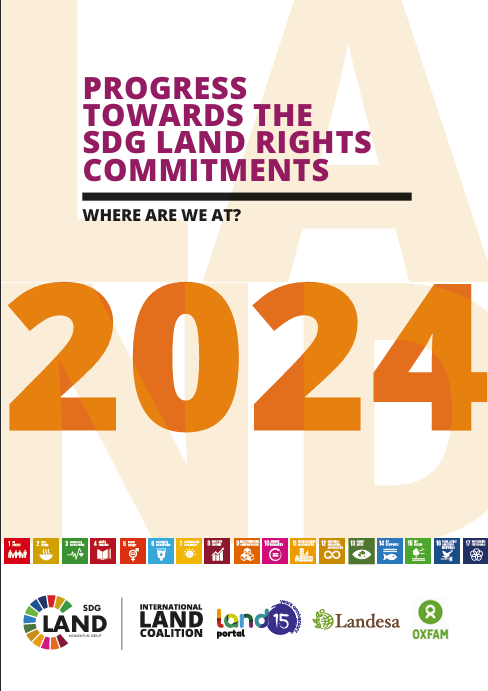Démographie et urbanisation au Sahara algérien à l’aube du XXIe siècle
La population du Sahara algérien continue, depuis plus d’un demi-siècle, à s’accroître plus rapidement que celle de l’Algérie du Nord. Plus d’un Algérien sur dix vit actuellement au Sahara, contre un sur quinze à la veille de l’Indépendance. Cette population est de plus en plus citadine et les villes importantes ne sont plus rares aujourd’hui au Sahara.




